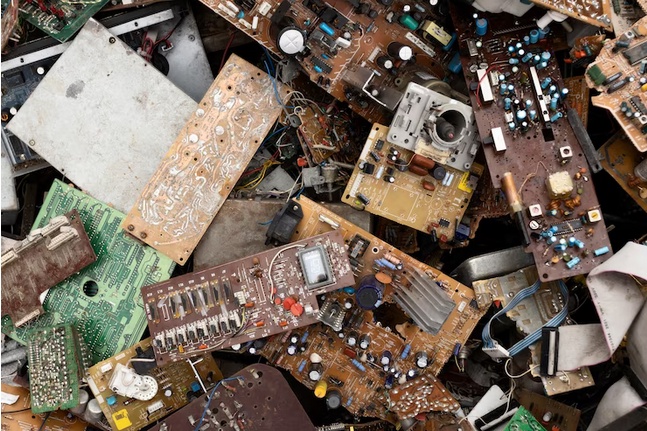Introduction
The proliferation of electronic devices has led to a mounting concern over electronic waste (e-waste), a global issue with far-reaching environmental and societal implications. E-waste encompasses discarded electronic devices, ranging from smartphones and laptops to household appliances and industrial equipment. As the volume of e-waste continues to rise, electronic waste companies have emerged as key players in addressing this challenge. This article explores the significance of e-waste management, the role of electronic waste companies, their innovative approaches, and the broader impact of their efforts in fostering sustainability.
The Significance of E-Waste Management
The exponential growth of technology has brought convenience and efficiency to our lives, but it has also given rise to the issue of e-waste. Improper disposal of electronic devices can lead to a range of environmental problems, including soil and water contamination due to hazardous materials like lead, cadmium, and mercury. Additionally, the mismanagement of e-waste contributes to the depletion of valuable resources, as electronic devices contain precious metals and rare minerals that can be recovered through recycling. E-waste management is crucial not only for reducing environmental pollution but also for conserving resources and promoting a circular economy.
The Role of Electronic Waste Companies
Electronic waste companies play a pivotal role in managing the growing tide of e-waste. These companies specialize in the collection, recycling, and responsible disposal of electronic devices. Their expertise extends to handling the diverse range of electronic devices, each with distinct components and materials. By providing organized e-waste collection services, electronic waste companies ensure that devices are properly recycled or disposed of, minimizing the negative impact on the environment and human health.
Innovative Approaches of Electronic Waste Companies
Collection Infrastructure: Electronic waste companies establish collection infrastructure, such as drop-off points and scheduled pickups, making it convenient for individuals and businesses to dispose of their e-waste responsibly.
Advanced Recycling Techniques: These companies employ advanced recycling techniques to recover valuable materials from discarded electronics. Sophisticated processes involve dismantling devices, separating components, and extracting metals like gold, silver, and copper for reuse.
Data Security: Data security is a critical concern when disposing of electronic devices. Electronic waste companies prioritize data erasure and destruction to ensure that personal and sensitive information is securely removed from devices before recycling.
Public Awareness: Many electronic waste companies contribute to public awareness campaigns about the importance of responsible e-waste disposal. These efforts educate individuals and businesses about the potential environmental and health hazards of improper disposal.
The Broader Impact on Sustainability
The efforts of electronic waste companies extend beyond waste management. Their actions contribute to a range of sustainability goals:
Resource Conservation: Through effective recycling, electronic waste companies recover valuable materials from discarded devices. This reduces the demand for virgin resources, conserving energy and lowering greenhouse gas emissions associated with resource extraction and manufacturing.
Circular Economy: By recovering materials and reintroducing them into the production cycle, electronic waste companies promote a circular economy. This approach aligns with sustainable consumption and production patterns, reducing the need for new resource extraction.
Environmental Protection: Responsible e-waste disposal prevents the release of hazardous substances into the environment, safeguarding ecosystems and human health. Proper recycling reduces the risk of soil and water contamination and minimizes the overall environmental footprint of electronic devices.
Conclusion
In conclusion, the proactive role of electronic waste companies is instrumental in addressing the challenges posed by the ever-increasing tide of e-waste. These companies not only manage the proper disposal of electronic devices but also contribute to sustainability by conserving resources, promoting a circular economy, and protecting the environment. Their innovative approaches to collection, recycling, and data security demonstrate a commitment to responsible e-waste management. As technology continues to evolve, the actions of electronic waste companies are a testament to the importance of minimizing waste and striving for a more sustainable future.


No comments yet